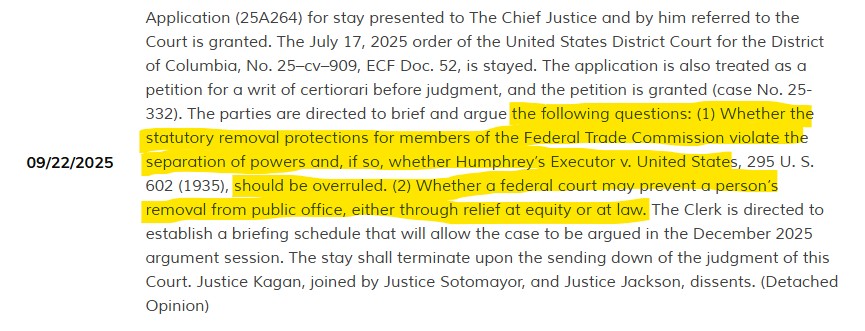NEWS: Stanford President and Law-School Dean Apologize to Judge Duncan nationalreview.com/bench-memos/st… Read apology letter here and Judge Duncan's acceptance and commentary. 1/
Apology by Stanford president and law school dean faults DEI dean Tirein Steinbach: “staff members who should have enforced university policies failed to do so, and instead intervened in inappropriate ways that are not aligned with the university’s commitment to free speech.” 2/
Interesting to see that apology's characterization of Steinbach's conduct differs markedly from Dean Martinez's statement yesterday ("well-intentioned" effort at "managing the room ... went awry"). Perhaps explains why Stanford *president* co-signed letter. 3/
You'd ordinarily think that university president would leave a matter like this to law school dean. Sure seems that President Tessier-Lavigne might have been upset at Martinez's excuse-mongering for Steinbach. 4/
Apology is tepid in assertion that Stanford is “taking steps to ensure that something like this does not happen again.”
Firing Steinbach would be good first step. Publicly censuring students who engaged in flagrant misconduct would be another. 5/
Firing Steinbach would be good first step. Publicly censuring students who engaged in flagrant misconduct would be another. 5/
The strong and clear stance that Stanford president Tessier-Lavigne has articulated on precisely this situation makes it all the more plausible that he was appalled by Dean Martinez's coddling of DEI dean Steinbach. 

Since Steinbach can't in good faith embrace Stanford's policy on free speech, she should have the integrity to resign forthwith.
• • •
Missing some Tweet in this thread? You can try to
force a refresh





